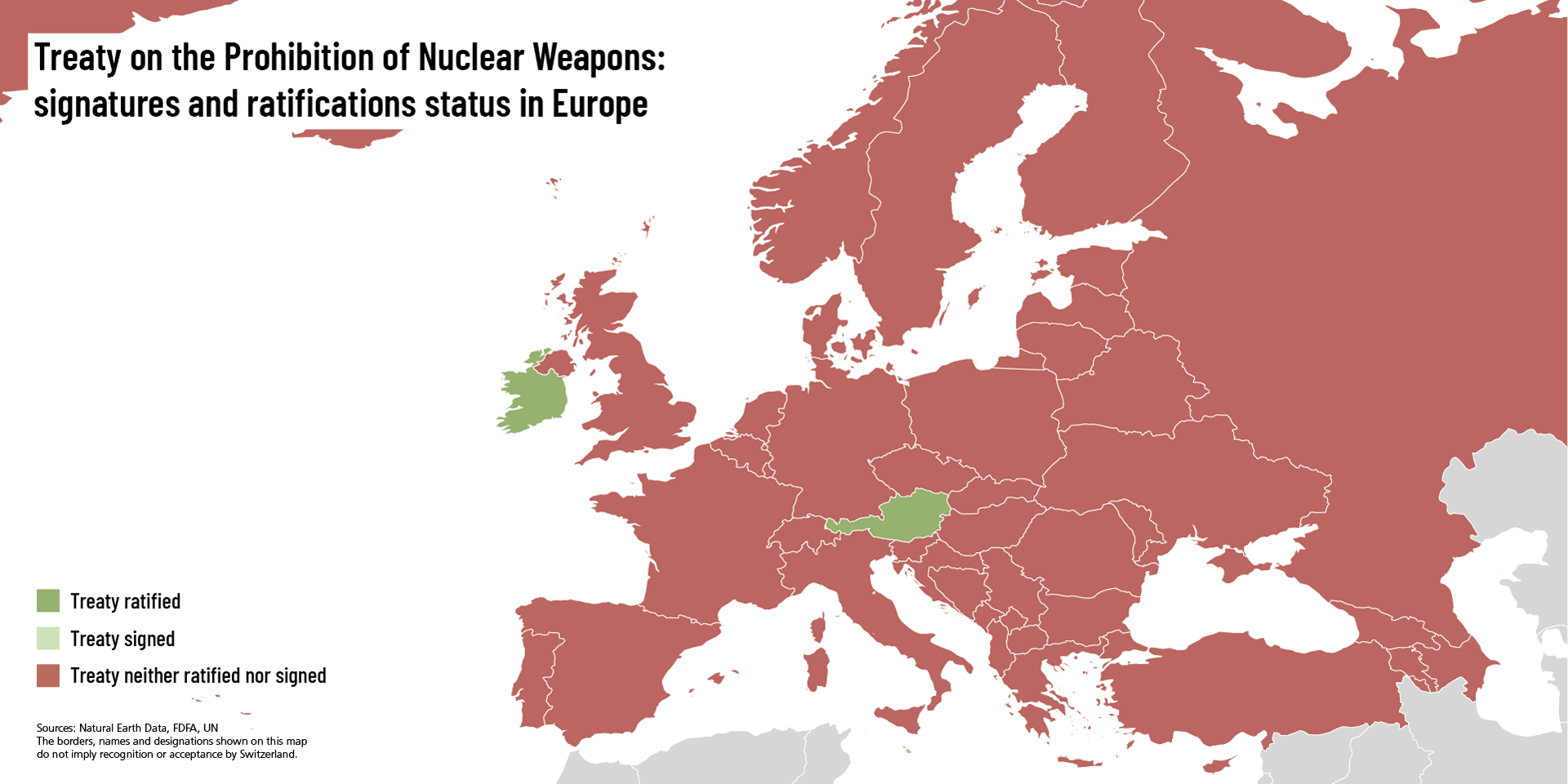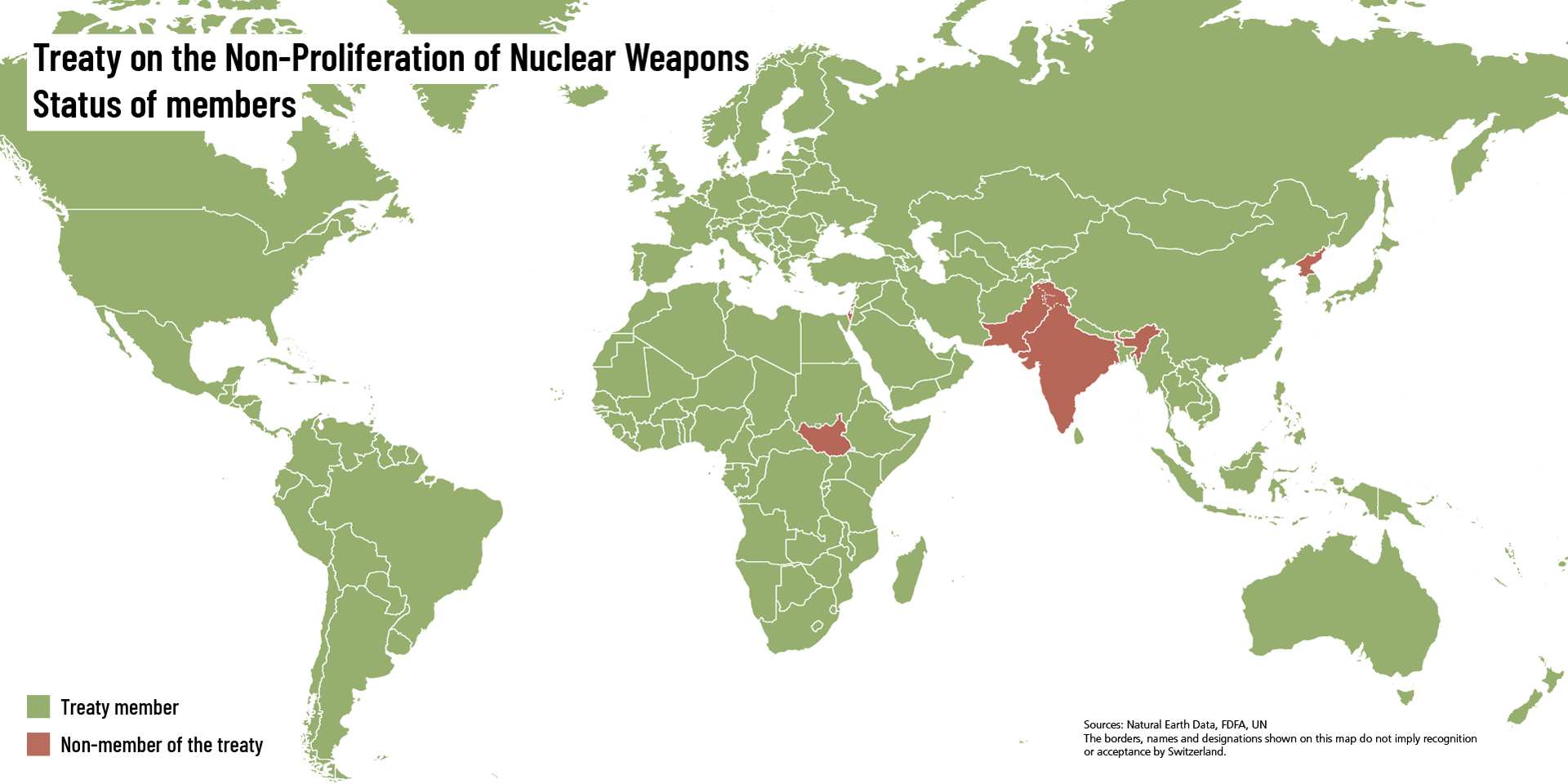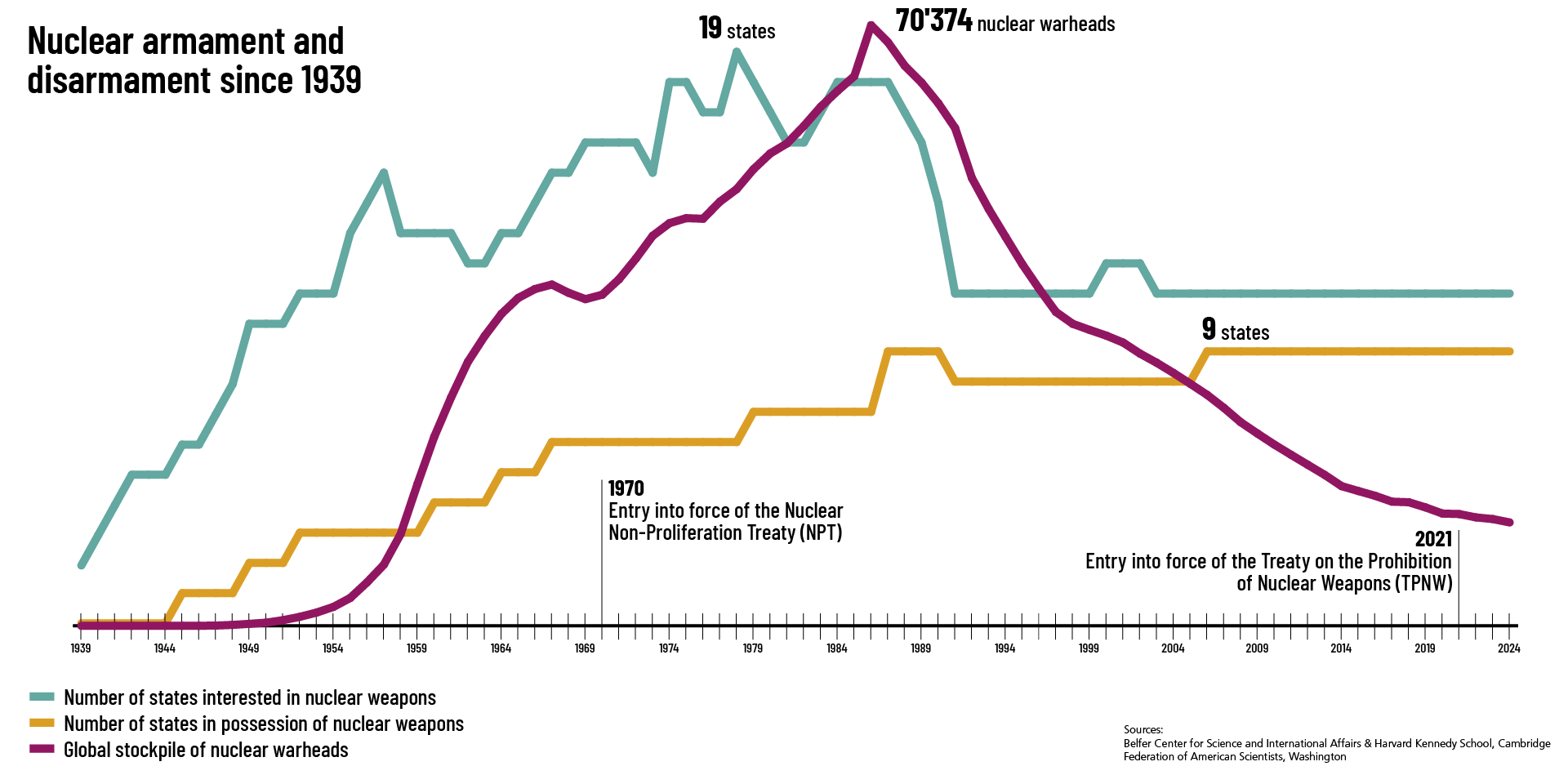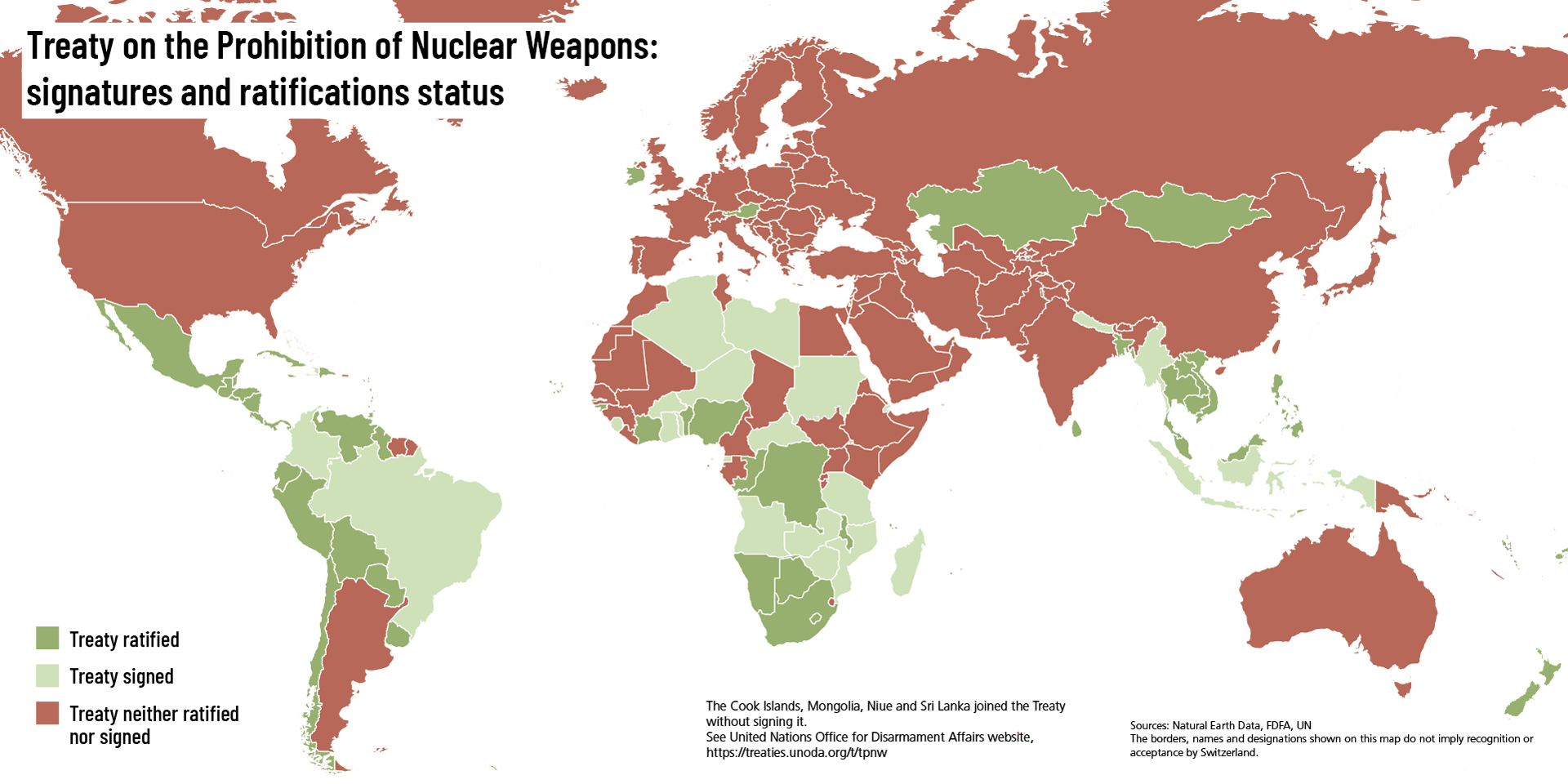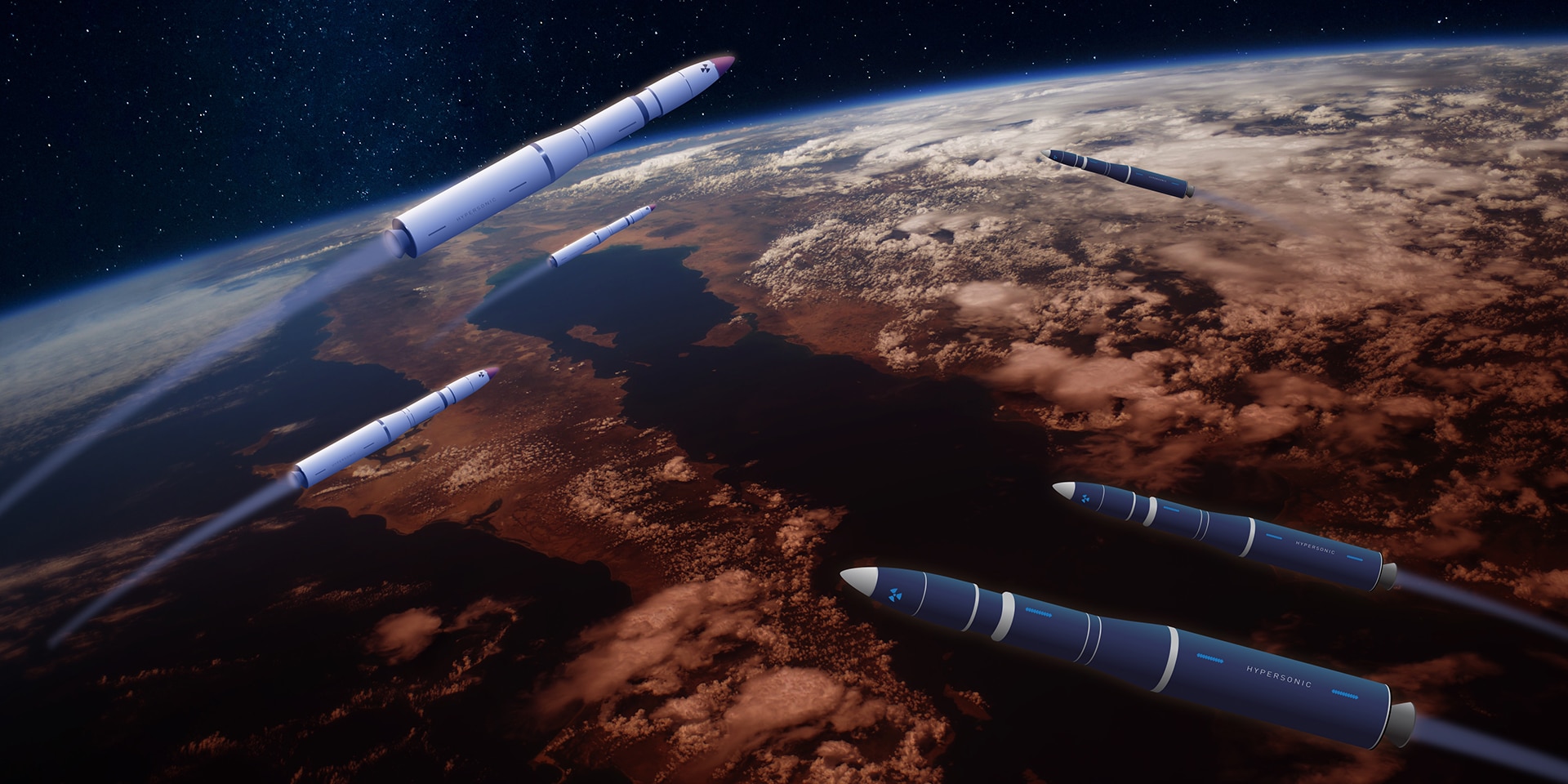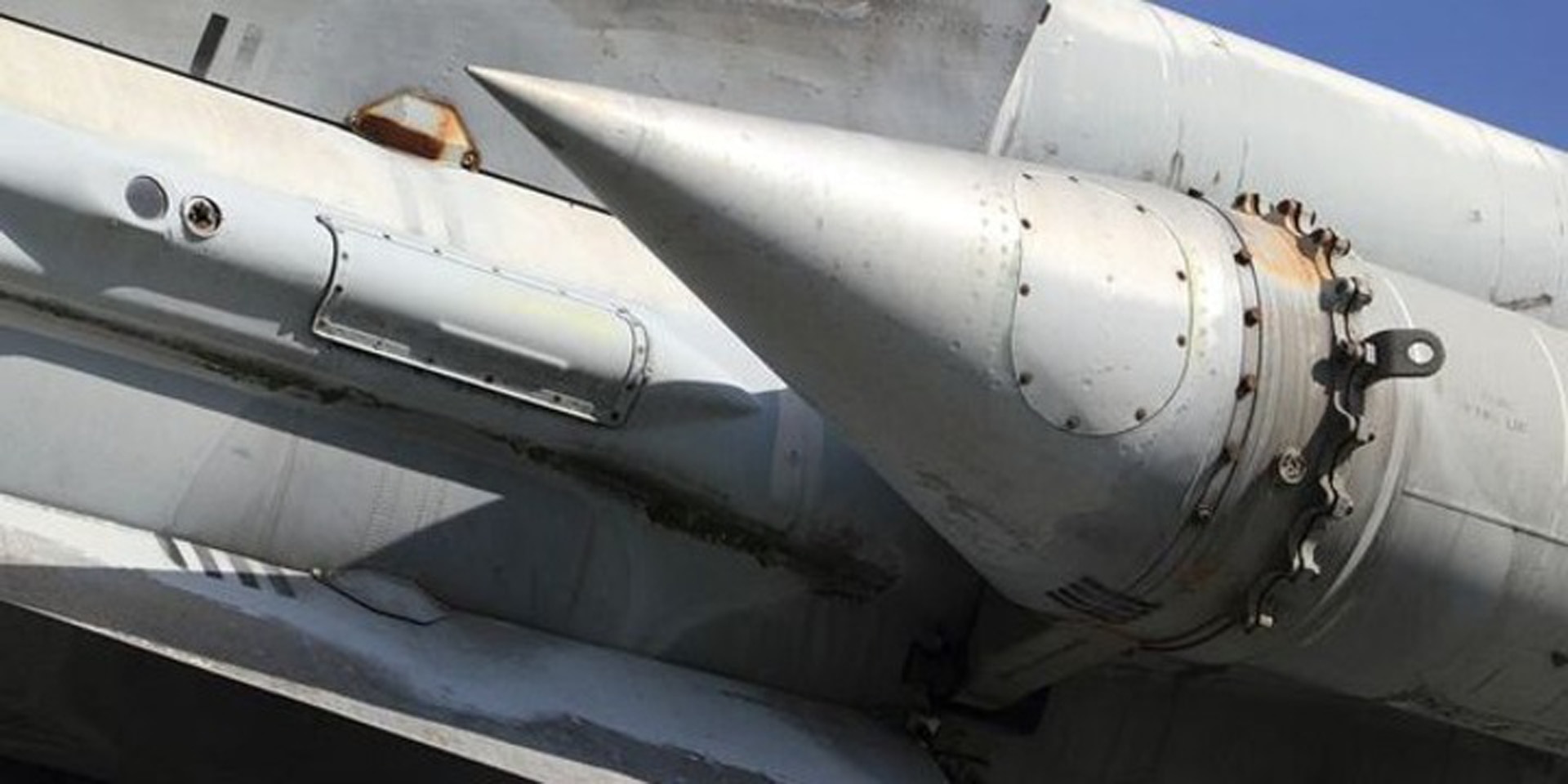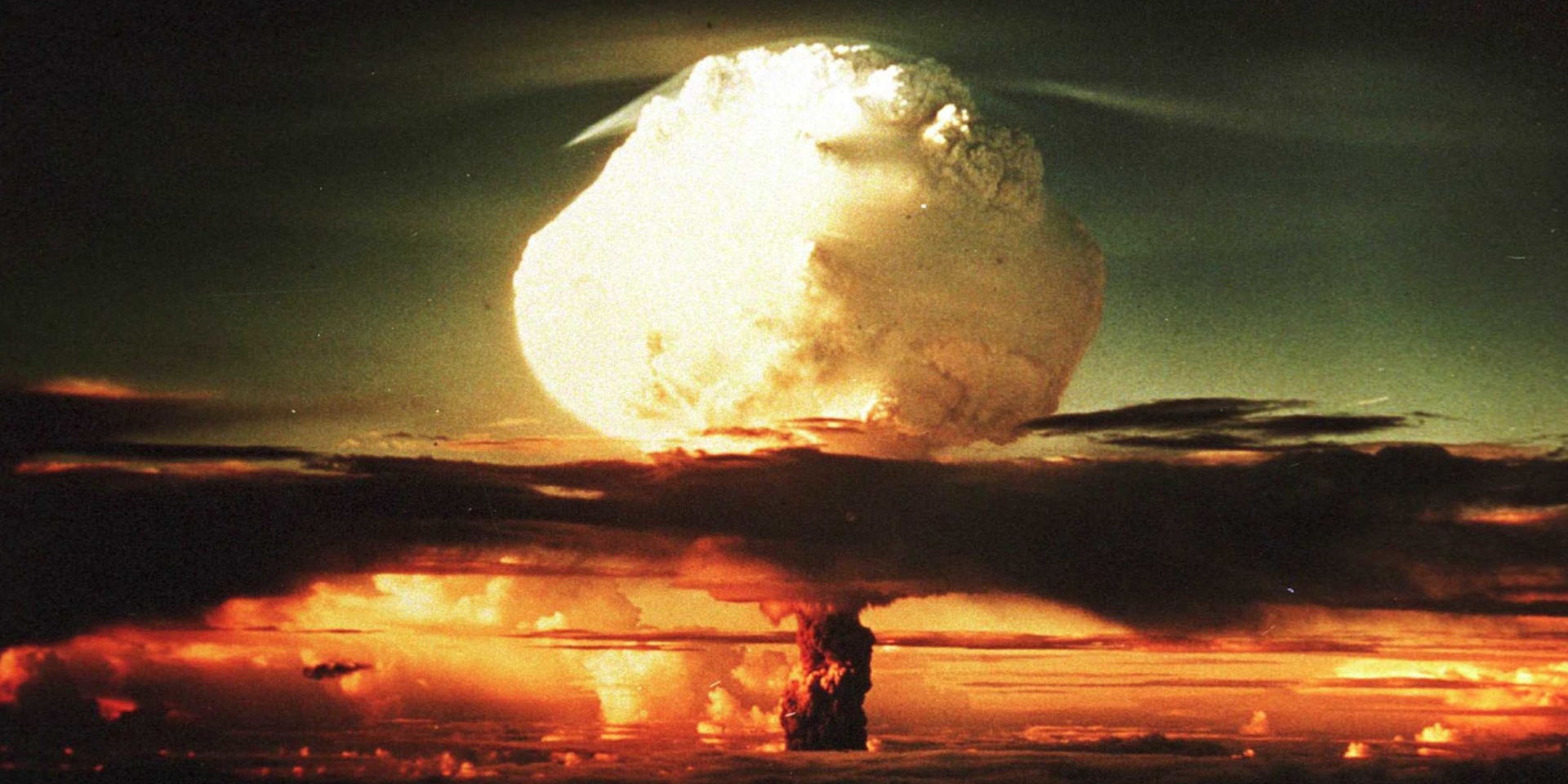Is Switzerland no longer committed to nuclear disarmament? Is its current position in keeping with its humanitarian tradition?
Switzerland continues to prioritise nuclear disarmament, as evidenced by its Arms Control and Disarmament Strategy 2022–25. The NPT, with its 191 states parties – including the nuclear-weapon states of the United States, Russia, China, France, and the United Kingdom – is the cornerstone of nuclear arms control and the global security architecture. Switzerland actively works to strengthen this framework. Its observer status in TPNW meetings enables Switzerland to serve as a bridge between the TPNW and NPT, facilitating constructive dialogue between the two treaties. Furthermore, Switzerland has championed nuclear disarmament within the Security Council and believes that disarmament is most effectively achieved with rather than against nuclear-weapon states.
Switzerland's humanitarian tradition is not contingent on signing this particular treaty. The TPNW lacks widespread global support, and its impact is currently not evident. Switzerland continues to prioritise the humanitarian consequences of nuclear weapons and will defend humanitarian concerns in the context of nuclear disarmament, particularly within the framework of the NPT. It also reiterates its position that, in its view, it is hard to imagine how nuclear weapons could be used in accordance with the requirements of international law, in particular international humanitarian law. Many other states with strong humanitarian commitments have also decided not to join the TPNW.

